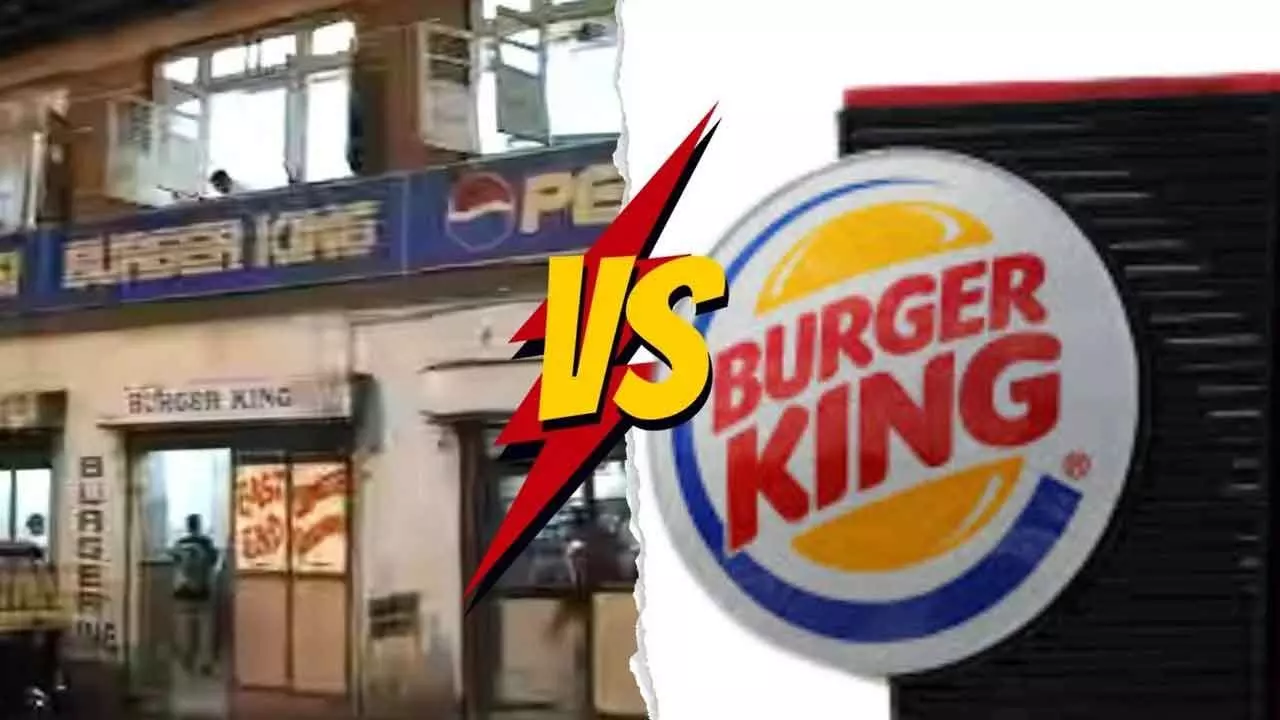No more crocodile tears for power brands in India
Pune’s Burger King is using the trademark since 1992, much before the US firm’s Indian fray
No more crocodile tears for power brands in India

The Delhi High Court prohibited the Hong Kong-based fashion brand Crocodile International from using a logo in India similar to the one used by French fashion giant Lacoste
It’s been an action-packed week in the Delhi High Court and in the commercial court in Pune, where two major brand names of global repute were at loggerheads. Interestingly the cases took 23 years and the other 13 years to come to a conclusion and pass an order for injunction.
Pune’s Burger King, a local food restaurant opened in 1992 by an Irani couple, won a case against the global brand Burger King. Many will even fear to counter such a big global brand but the humble restaurant owners have cited their honest use much before Burger King entered India and were operating with a huge customer base.
On the other hand, Burger King, which adopted the logo in 1954 and is registered in 122 countries, could not get a favourable order. They filed a suit against Pune’s Burger King in 2011 for alleged infringement of their global brand.
Pune’s Burger King had been using the business name and trademark since 1992-1993, long before the American corporation registered its trademark in India. Further the US company had not used the trademark in India for nearly 30 years, and during this period Pune’s Burger King consistently provided services to the locals and others under the name, making their use of the trademark legal and honest. The global Burger King brand entered the Indian market in 2014 and claimed that the cause of action arose when they found that a trademark application in the name of the city-based Burger King through a database search of the records of the Trademarks Registry, India, in 2008.
The company immediately sent a cease-and-desist notice in June 2009 to amicably settle the matter without resorting to legal proceedings. However, the respondents sent a strongly worded reply to them denying it legal rights and defiantly insisting on using the name Burger King for its restaurant stating that the plaintiff’s restaurants do not exist in India and, therefore, they cannot claim any common law rights.
The other interesting battle was between the equally iconic brands Lacoste vs Crocodile International. The Delhi High Court prohibited the Hong Kong-based fashion brand Crocodile International from using a logo in India similar to the one used by French fashion giant Lacoste.
The ruling came after over two decades of Lacoste’s challenge to the use of the logo by Crocodile International and its Indian subsidiary Crocodile Products Pvt. Ltd.
The right and left facing crocodiles being conspicuous in their styles have never confused stakeholders as both being iconic brands of their country, but still the French company got this right in India this time.
Crocodile International had disputed Lacoste’s claim, primarily placing reliance on a 1983 agreement between it and Lacoste, wherein the two had decided to promote “cooperation and co-existence” and resolve existing legal disputes thereby significantly reducing the potential for conflict in their respective trademark uses across different markets.
The court, however, found that India was not among the various jurisdictions where the two had decided to cooperate. Lacoste asserted that the logo used by Crocodile International closely resembles its own trademark. Their copyright and trademark registrations have been protected.
To, sum up with a beautiful analogy, ‘Trademarks are like wines which ages with grace over time’, and the more continuous, exhaustive, exclusive and extensive usage of one’s brand be it local or global, only prior usage and adoption with honest use will always win the battle and be cherished by the customers.
(The writer is head (legal and IPR) Resolute Group and founder of IPRAS)trademark disputes, Burger King case, Lacoste vs Crocodile International, intellectual property rights, Delhi High Court rulings, brand protection

